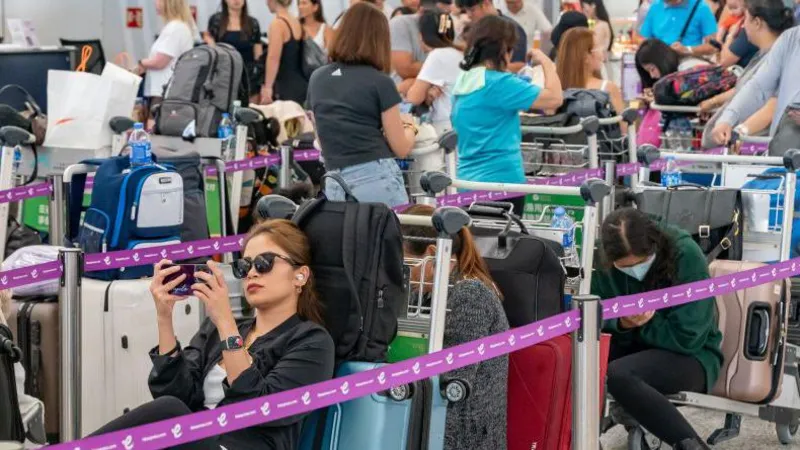In July, a software update from CrowdStrike caused chaos across the airline industry, impacting 8.5 million computers globally, according to the BBC. People were shocked, especially airline passengers. Anthony Bosman, a professor from Michigan, was surprised when he couldn’t download his boarding pass on his phone. Instead, he had to check in at the airport, where the staff wrote out his boarding pass by hand. He said it felt like stepping back in time.
The software bug didn’t just hit airlines. It affected banks, telecom companies, health services, and online shops. A senior executive from CrowdStrike even apologized for the mess in front of a U.S. congressional committee.
As the BBC reported, when cyber-attacks or tech failures happen, many companies go back to using pen and paper. From British doctors to factory workers at the Norsk Hydro aluminum company in Norway, they had to find ways to keep working without computers. Norsk Hydro was hit by ransomware in 2019, and workers were locked out of 20,000 computers. To keep production going, they dug out old instruction manuals and wrote things down by hand. Some employees even used fax machines!
A cybersecurity expert, Chris Butler, told the BBC that more businesses are preparing for IT failures by keeping paper forms and even fax machines on hand.
Companies are also training staff to practice using pen and paper to stay ready for emergencies. Another expert, Gareth Mott, shared that some firms also keep off-site backups and buy spare laptops, so they can keep working if they lose access to their systems.
While it might seem old-fashioned, the BBC’s report shows how, in the face of modern cyber-attacks, the simplest tools—like pen and paper—can save the day.
Credit : BBC
https://www.bbc.com/news/articles/ce9zx22ley8o

